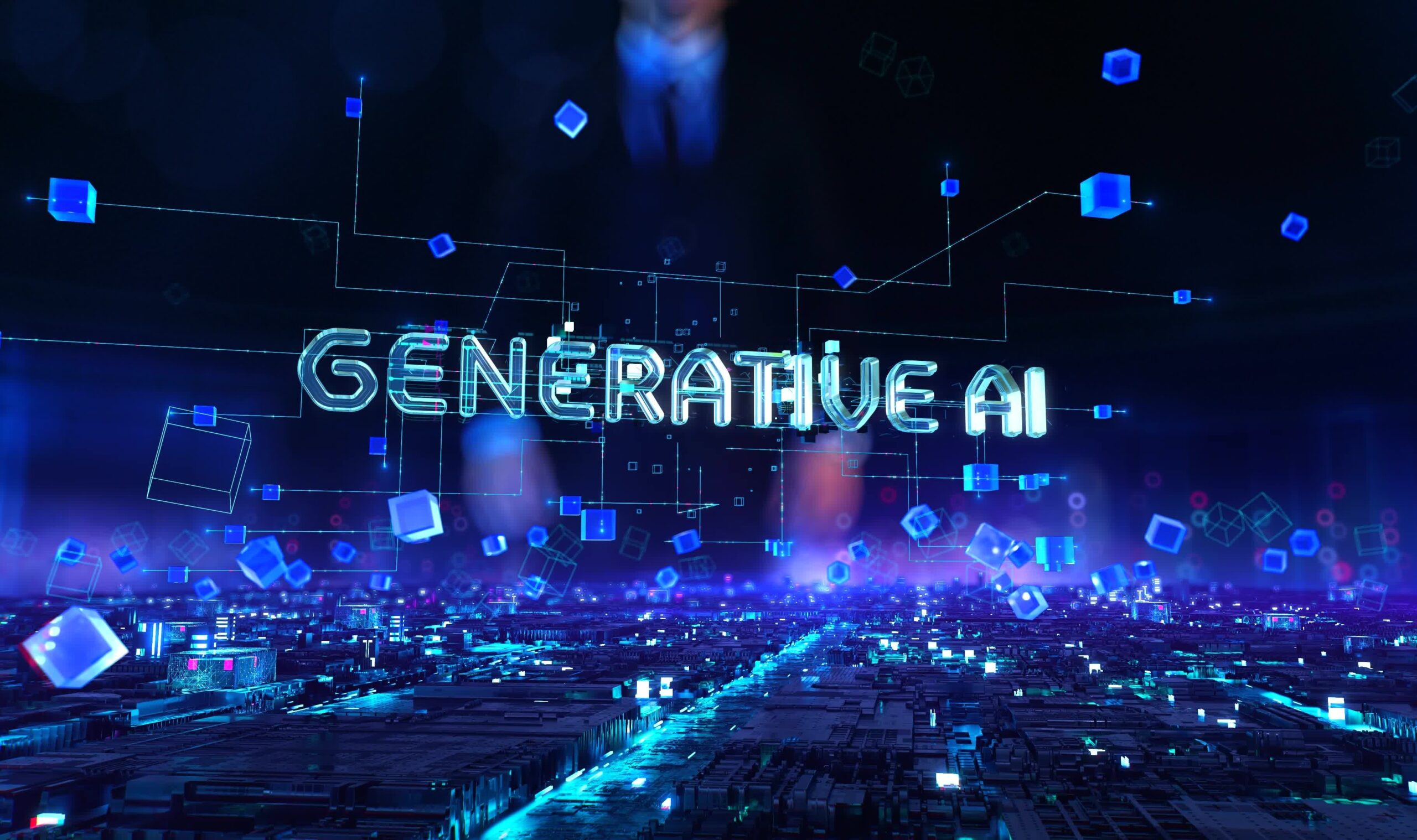As the world embraces the potential of generative AI (GenAI), organisations are exploring ways to leverage its power in transforming customer support, search, personalisation, and knowledge synthesis. Giants like OpenAI and Google’s have already introduced Large Language Models (LLMs) and conversational AI solutions, such as ChatGPT and Bard, amassing millions of users. However, to truly unlock the value of GenAI, it is crucial to design and build user-centric solutions that cater to individual needs and preferences.

The future of optimising AI and unlocking the true potential of commercial AI lies in building user-centric and hyper-personalised solutions through GenAI. Organisations that aspire to lead in this future must embrace this approach today. While GenAI has the potential to bring about significant advancements, it is only when these solutions work efficiently and intuitively for users that their true value can be realised. Therefore, building user-centric genAI solutions becomes a paramount goal for organisations looking to leverage this technology to their advantage.
Traditional approaches to solution design need to evolve from linear to open design principles when working with GenAI solutions. Unlike conventional digital products, GenAI solutions bring more natural and interactive dialogue to feel human-like. This challenges the traditional approach of linear interactions.
To navigate these challenges, organisations should consider the following key recommendations based on our experience in developing GenAI-based solutions:
- Demonstrate Value: To capture user interest, it is essential for businesses to effectively demonstrate the value of GenAI technologies beyond the user’s initial request can demonstrate the value of the GenAI solution. Users may not be aware of the full capabilities of a GenAI solution. It is important to communicate these capabilities through various formats, such as landing pages, disclaimers, or by highlighting features during the conversation..
- Time to Value: In the fast-paced digital era, businesses must prioritise delivering value early in the interactions. Traditional solutions rely on gathering detailed information through user inputs, but GenAI allows for more natural dialogue. Offering hooks or value-adding features upfront can deepen user engagement and encourage them to return to the solution.
- Relationship and Retention: By cultivating meaningful relationships with users, businesses can enhance customer loyalty and create long-term value. GenAI has the potential to transform the way users interact with businesses. Each chat session can be seen as a building block in a relationship, deepening the understanding of a user’s needs. It is important to analyse user requests, understand the context, and provide appropriate responses. By showcasing the value of the GenAI solution and maintaining user interest, businesses can foster long-term relationships and retention.
- AI-led Interaction: GenAI can revolutionise user interactions by fostering proactive and personalised experiences. GenAI has the power to shift interaction dynamics from simple question-and-response to a more proactive and AI-driven approach. Conversational AI models can ask follow-up questions based on predicted behavior patterns or conversation context. This opens possibilities for deeper customer relationships and engagement.
Implementing GenAI must be done responsibly and with a commitment to user privacy, fairness, and continuous improvement. Ensuring responsible AI implementation requires organisations to adopt a responsible AI philosophy and establish appropriate guardrails. This includes protecting user data privacy, promoting transparency and fairness, and continuously evaluating and improving the performance of GenAI solutions. It is essential for organisations to address the following aspects when setting up these guardrails:
- Protecting User Data Privacy: Safeguarding user data is a fundamental responsibility that organisations must prioritise. GenAI solutions often require access to sensitive user data. Organisations must prioritise protecting user data privacy by implementing robust data protection measures and adhering to industry standards and regulations.
- Promoting Transparency and Fairness: Building trust through transparent and fair AI solutions is crucial for long-term success. Ethical guidelines should govern the usage of GenAI solutions to prevent bias and potential harm. These guidelines should ensure responsible and accountable deployment of GenAI, respecting principles of fairness, equity, and non-discrimination.
- Continuous Evaluation and Improvement: Ongoing evaluation and improvement are essential for staying ahead in the evolving GenAI landscape. Regular updates, user feedback loops, and continuous training of GenAI models are essential for maintaining accuracy, addressing biases, and adapting to evolving user needs. Organisations should establish mechanisms to monitor and assess the performance of their GenAI solutions.
GenAI holds immense potential for revolutionising various industries, but its adoption must be coupled with a focus on user-centricity. By reimagining traditional development principles, setting ambitious strategy, and fostering responsible AI implementation, businesses can unlock the full power of GenAI. Through a human-centered design philosophy, GenAI can truly enhance the lives of users while driving business success in the rapidly evolving landscape of artificial intelligence.










Discussion about this post